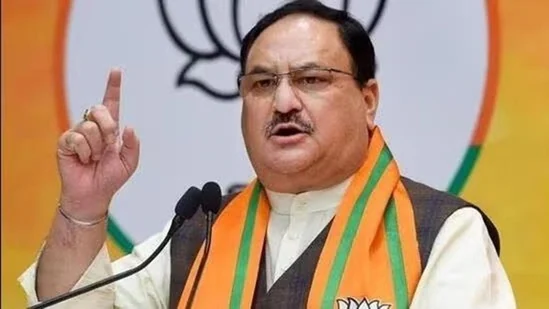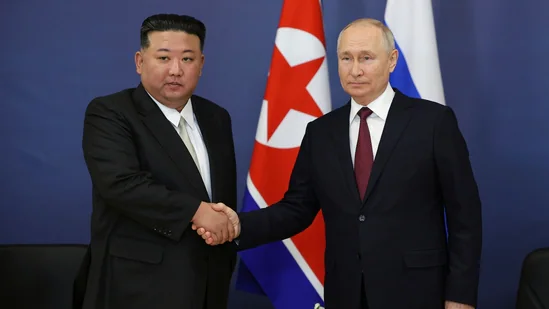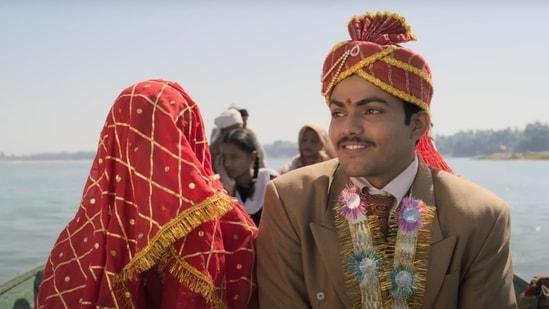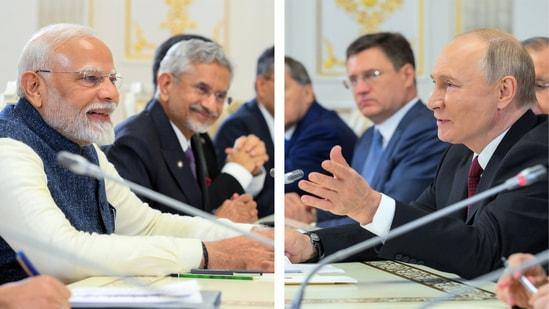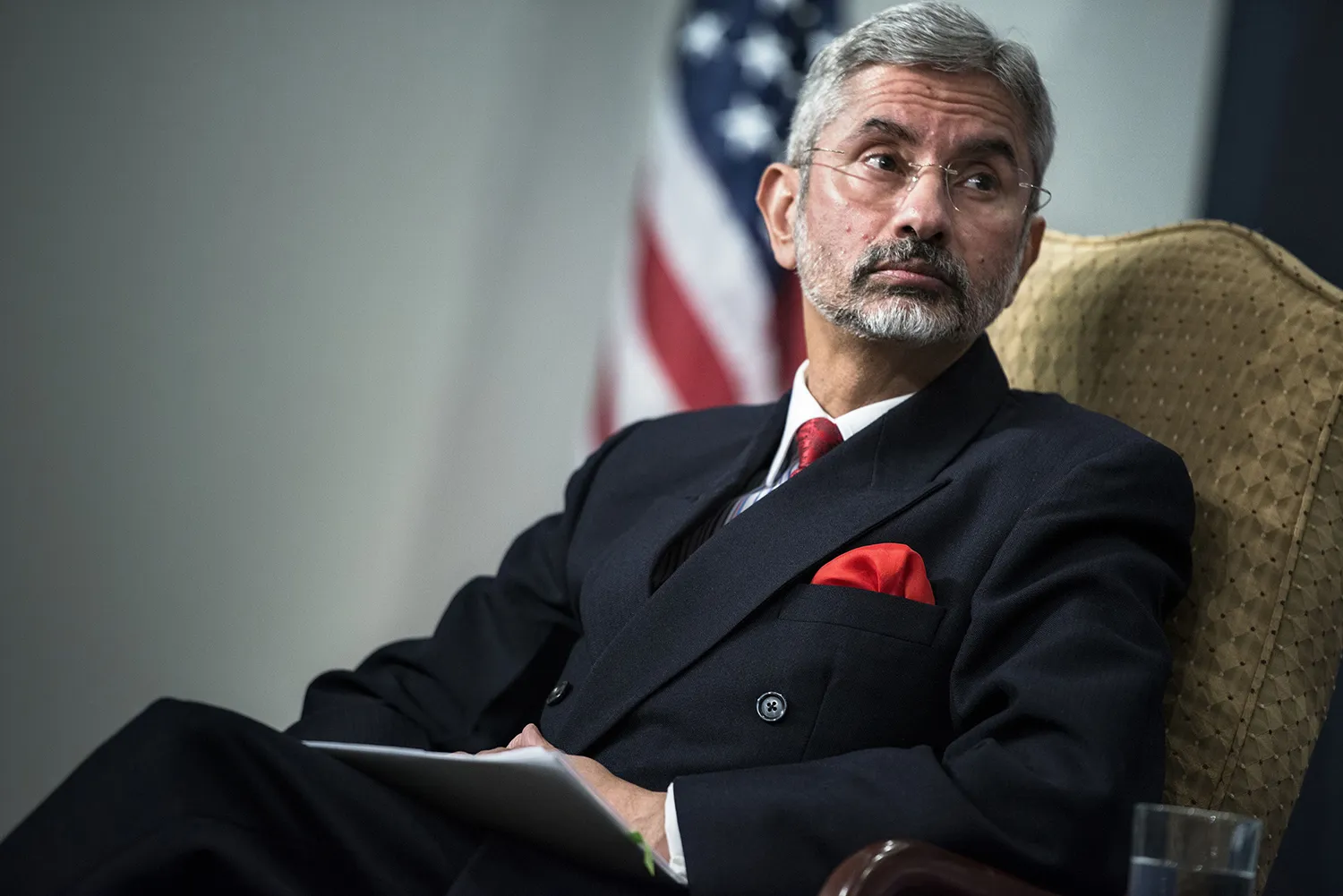As the Bharatiya Janata Party (BJP) embarks on the process of electing a new party chief, discussions are underway to assess the party’s performance in states where the Lok Sabha election results fell short of expectations. The move comes following incumbent JP Nadda’s assumption of office as the Union Health Minister on Tuesday, indicating a strategic shift within the party’s leadership landscape.
The BJP’s introspective review assumes significance amidst concerns expressed by its ideological mentor, the Rashtriya Swayamsevak Sangh (RSS), both privately and publicly. RSS chief Mohan Bhagwat recently voiced discontent over the bitter electoral campaign and ongoing violence in Manipur, highlighting areas of contention within the political discourse.
Sources reveal that the RSS leadership has underscored issues such as poor coordination between the BJP and RSS, discrepancies in candidate selection, and the preference for turncoats over ideologically aligned cadre as key factors contributing to the electoral setbacks.
Notably, concerns were raised regarding the BJP’s decision to field candidates like Lallu Singh and Kripashankar Singh, whose candidacies disregarded suggestions from the Sangh. The defeat in Ayodhya, particularly significant due to its association with the Ram Temple construction, further underscored the disconnect between party decisions and grassroots sentiments.
The RSS also cautioned against inducting opposition leaders with contentious backgrounds, emphasizing the importance of maintaining ideological integrity. However, the BJP defended such selections, citing the need for political heft in certain regions.
Bhagwat’s recent remarks condemning the vitriolic campaign atmosphere echoed the Sangh’s emphasis on decorum in political discourse. The RSS has consistently advocated for inclusive narratives, distancing itself from slogans like “Congress Mukt Bharat” propagated by the BJP in the past.
While the BJP acknowledges the need for introspection, it downplays the perceived tension with the Sangh, characterizing Bhagwat’s comments as part of a broader societal dialogue. Leaders affirm their willingness to consider feedback from the Sangh, reaffirming their commitment to shared objectives.
In addressing the unrest in Manipur, Bhagwat’s remarks resonate with previous calls from the Sangh for government intervention to restore peace in the region. The persistent attention to Manipur underscores the Sangh’s ongoing engagement with pressing socio-political issues.
As the BJP navigates this period of reflection and realignment, the partnership with the Sangh remains integral, with both entities striving towards a cohesive vision for India’s future.

